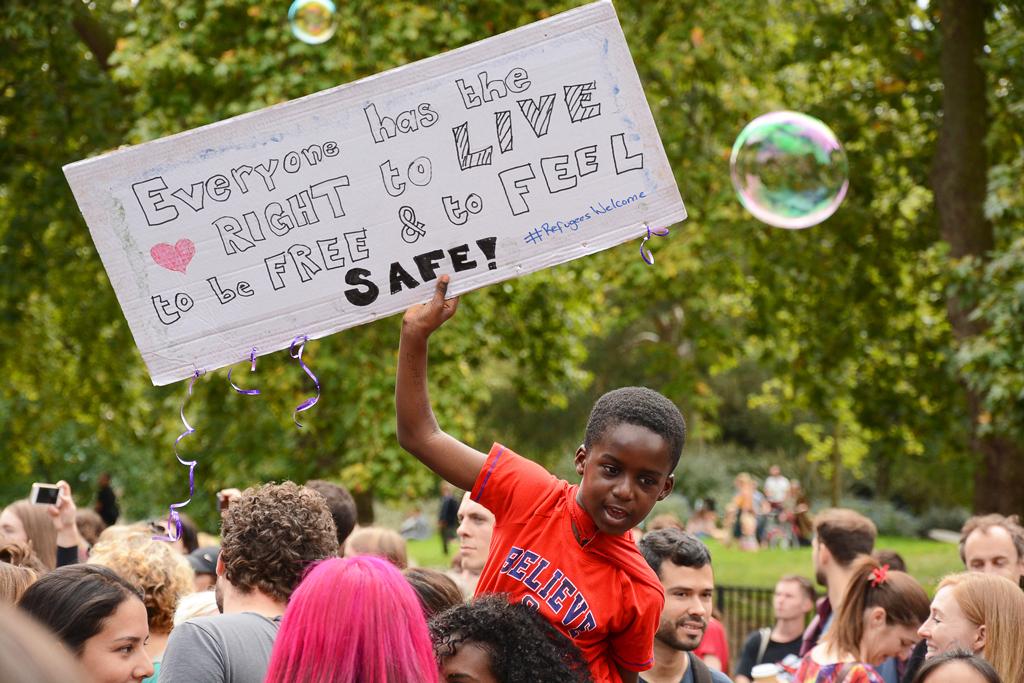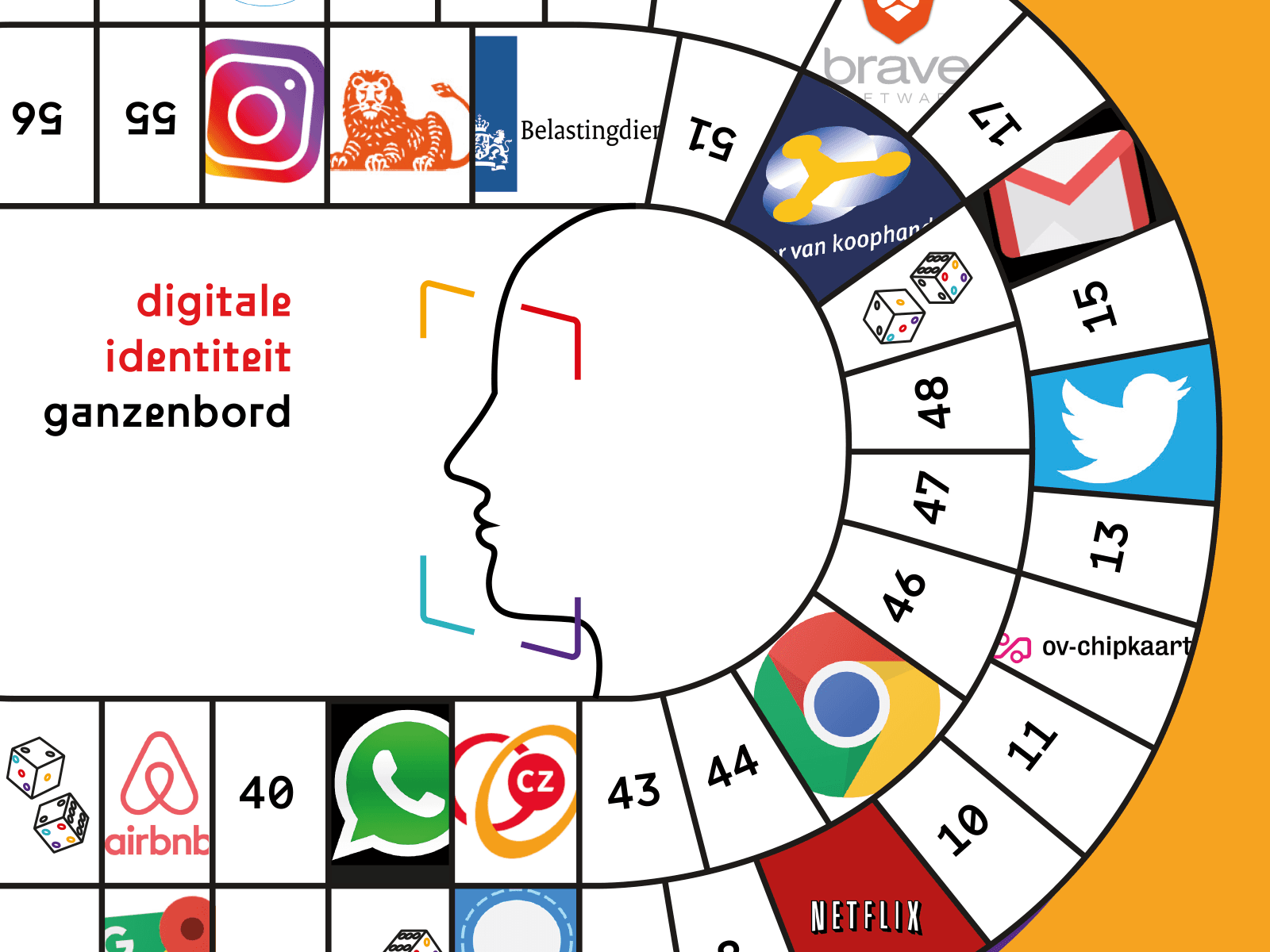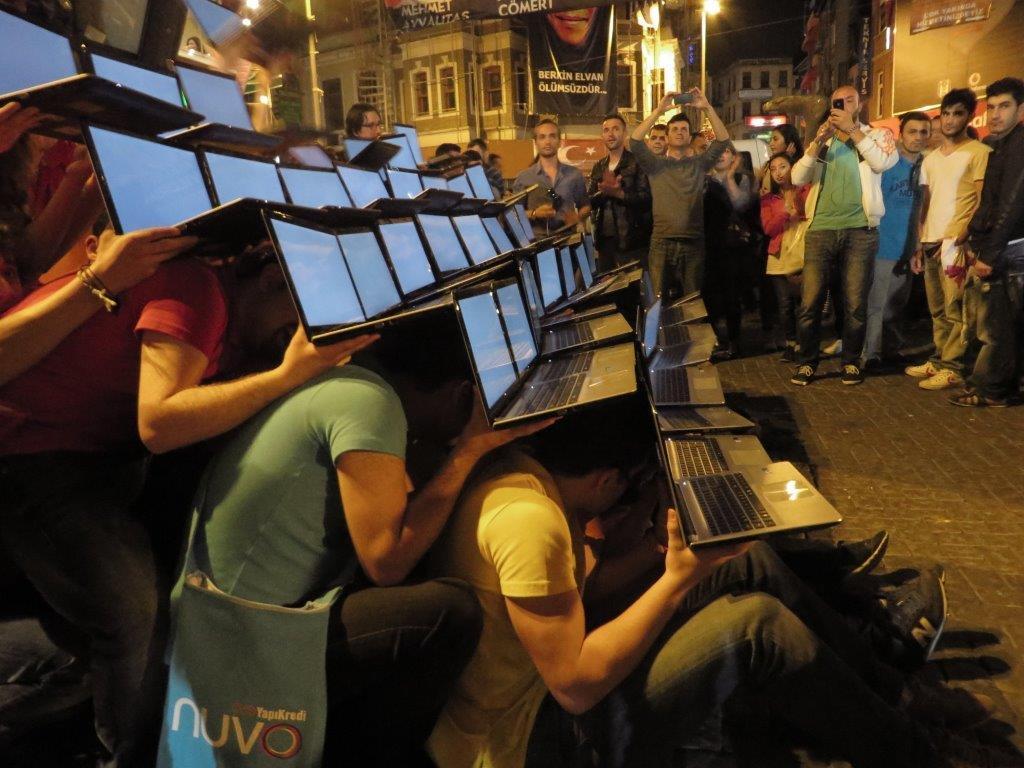The Permissionless Society is an Amsterdam Meetup for Blockchain and Social Innovation, organised by Blockchain Workspace, a company that provides education about blockchain technology, together with A Lab, a living lab for Amsterdam's creative and technological scene. On Thursday June 15th, the meetup was dedicated to an event titled “Blockchain for Justice: Using the Blockchain to help refugees”.
The focus of this event was given by Kids Reunited, an organisation that aims at bringing unaccompanied minors (refugees) back to their relatives in the EU. According to Kids Reunited, “An estimated 3,500 unaccompanied minors are waiting in Greece to get reunited with their family in EU member states. According to EU legislation these children have the right to reunification. Unfortunately the process to actually get the children to their parents is not working well and sometimes takes up to two years. We want to speed this process up.”
The reason why this event took place in the scope of a Blockchain meetup is that Kid United “After 1,5 years of researching the current process, talking to the different stakeholders and understanding where the bottlenecks are, we believe that with the smart use of Blockchain technology children can be reunited with their families in max. 3 months.”
In other words, the situation is that the problem does not lie in the lack of laws protecting the rights of minors to be reunited with their parents, but in the difficulties to bridge organisations and local governments of at least two countries, the country where the parents have obtained a legal status as refugees (for example The Netherlands), and the country that hosts the minor in a refugee camp (very often Greece or Italy).
Delays are caused by the fact that communication is sometime addressed to the wrong recipients within a local government, or requisites for approval and processing of requests change or are not clear for the applicant.
Kids Reunited presented a success story when they were able to reunite a Syrian mother legally accepted as a refugee in the Netherlands with her four children that, after crossing the sea from Turkey to Greece, were detained in a centre in one of the Greek Islands.
Given the nature of the topics, most of the discussion was naturally about the situation of minor refugees and their difficulties, and there was less time to explore how blockchain could help.
The hope of Kids Reunited is that “With an app based on blockchain technology, the process will be more efficient, resistant to tampering and can have built in performance indicators. By leveraging these specific characteristics of blockchain technology, we can revolutionise the way we handle complex procedures into safe and efficient processes.”
As often happens, Blockchain raises people's expectations of solving a wide range of problems just because it appears as a revolutionary new technology, and it is probably cryptic enough so that, at least at this stage, myths cannot be easily dispelled.
To this respect, the conclusion of the meetup and its organisers was pretty honest: “Next step: Analyze process, procedures and capacity + look for the bottlenecks and where the new blockchain technology could play a distinctive role, if any.”
Indeed blockchain, due to its property of recording in an immutable way transactions, could serve as a tool to trace the stage of the reunification process, for example by recording each step such as email sent, email received, documents requested, etc. Other roles, as for example safely store migrants documents, are possibly outside the possibility that this technology can offer now.
In the European DECODE project, Waag will look at possibilities to use blockchain and decentralized technology, to tackle social issues. The coming months two pilots will be started in Amsterdam to show the potential of blockchain for societal challenges. In Barcelona two similar pilots will also start in the coming months.


